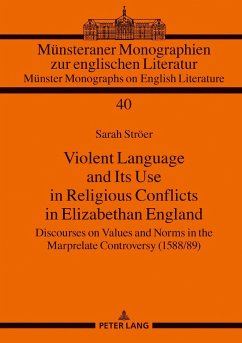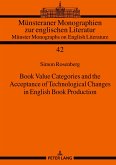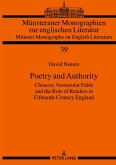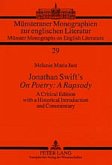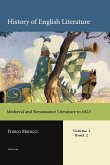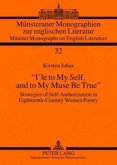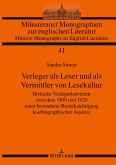Elizabethans saw eloquent language as the mark of the civilized gentleman. At the same time, they believed language to be able to harm, analogous to physical violence. Such concepts of language have important implications for the study of religious controversies of the time, in which the authors often attacked each other harshly via printed language. Employing historical discourse analysis, this study analyses Elizabethan concepts of violent language and shows under which circumstances Elizabethans understood language use as violence. In a second step, the main contributions in one of the most notorious theological controversies of the time, the Marprelate controversy, are analysed in terms of how these concepts of violent language were used as strategies of legitimation and de-legitimation.

